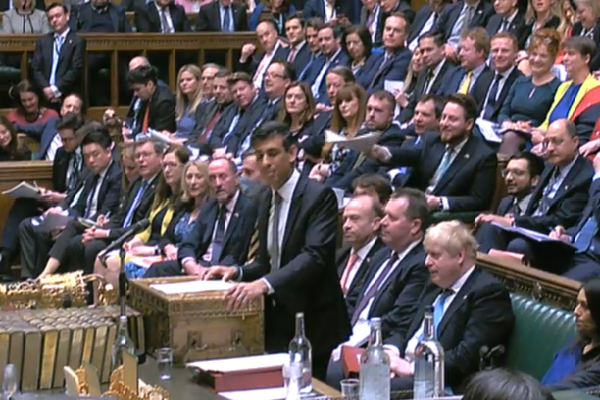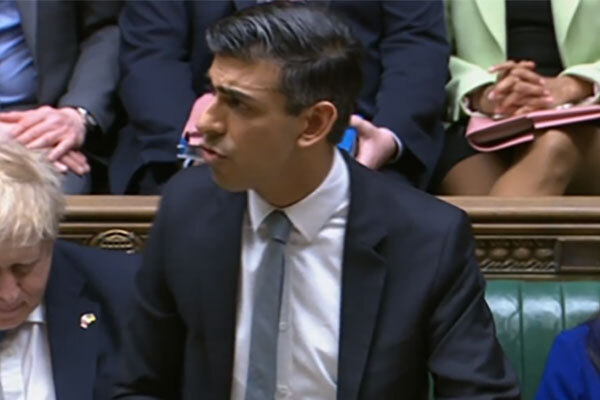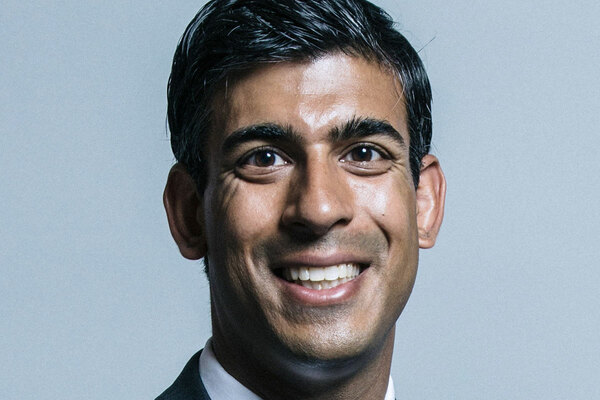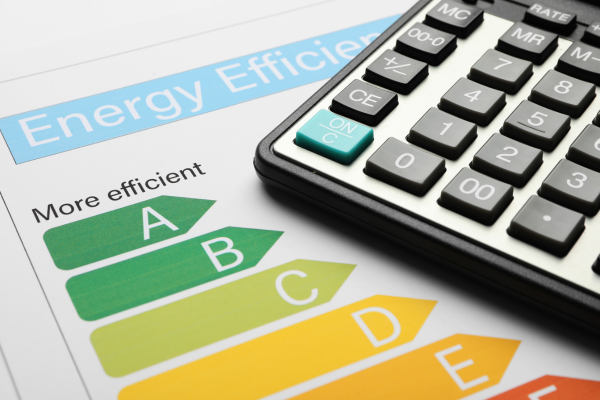A mini budget lacking in big ideas
The Spring Statement fell short on supporting people on low incomes to cope with inflation and rising gas prices, says James Prestwich
I imagine it’s a difficult job being chancellor of the exchequer. Particularly when you have a Spring Statement to deliver in the week when the Office for Budget Responsibility provided a bleak assessment of the UK’s economic prospects, warning that disposable incomes are in line for their worst drop since the 1950s.
That said, it’s hard to feel too much sympathy. Mr Sunak’s attempts to position himself as a ‘man of the people’ fell a little flat when a video emerged of him struggling to work out how to pay for a Twix and a can of Coke.
The fact that he could afford to refuel his car and grab a quick snack do indicate that he will be somewhat insulated from the worst impact of the squeeze on incomes – even if his long-term career aspirations may have taken something of a hit after he delivered a mini budget widely seen as failing to help people struggling to make ends meet in the face of such huge pressure on household finances.
The near perfect storm of a global gas shortage, exacerbated by the Russian invasion of Ukraine and the resulting sanctions, has added further inflationary pressure to a global economy still scaling back up after the pandemic.
Some economists will also point to the huge amounts of money washing around the economy after a decade of quantitative easing as another reason why we expect to see inflation hit between 8% and 10% come October. Something worth reflecting on when the social housing sector turns its attention to the 2023-24 rent increase.
With all of this going on, it was quite easy for many to miss the startling temperature data from the two polar regions that laid bare the full, frankly terrifying impact of climate change, highlighting the importance of moving to a zero-carbon economy before it really is too late.
“Mr Sunak’s attempts to position himself as a ‘man of the people’ fell a little flat when a video emerged of him struggling to work out how to pay for a Twix and a can of Coke”
Whether you think the chancellor should have gone further with the measures announced in the Spring Statement may depend on your political allegiance. Some will say that he had few levers left to pull after the higher tax, high-spend approach to combating the impact of COVID-19.
Others will say it is precisely at times such as these that the government should intervene to help those hit hardest by global factors outside of their control.
Too many people across the income scale are having to make decisions over whether to heat or eat, with some food banks reporting that people are specifying food that can be eaten cold because they cannot afford the fuel to cook.
With BP recently announcing its biggest increase in profits for eight years, I would have hoped to have seen a windfall tax levied on energy companies with the receipts used to help those worst affected by the record surge in global gas prices. It appears this was a step too far for a chancellor known to favour a free-market view of the world.
Raising the National Insurance threshold feels like a poorly targeted move that does nothing to help those earning below the current threshold (in the most need of support) or those not able to work.
The promise of jam tomorrow through a future cut to income tax has the look of a calculated pre-election boost aimed more at helping the government at the polling station ahead of a May 2024 general election.
And what of people in receipt of benefits – those upon whom the worst impacts of the income squeeze will fall?
The recent £20 cut to Universal Credit – and, make no mistake, it is a cut, not a “removal of an uplift” – has fallen at exactly the wrong time.
“No further announcement was made on bringing forward the full £3.8bn Social Housing Decarbonisation Fund so that social landlords can crack on with improving the energy efficiency of their homes and deliver meaningful savings to the bills of people living in them”
The right call would have been to reverse this decision as part of an overall package aimed at making the welfare system fit for purpose. Uprating benefits and unfreezing Local Housing Allowance rates would also go some way towards making the lives of some of the poorest people in society slightly more manageable.
The rise in gas prices has highlighted the importance of moving to a self-sufficient energy future with the emphasis firmly on renewables rather than fossil fuels, yet despite this no further announcement was made on bringing forward the full £3.8bn Social Housing Decarbonisation Fund so that social landlords can crack on, at pace, with improving the energy efficiency of their homes and deliver meaningful savings to the bills of people living in them.
For many people, the maxim ‘every penny counts’ means exactly that. This week the chancellor had the opportunity to help those for whom every penny just isn’t enough. It was an opportunity that wasn’t taken and as a society, we’ll feel the effects for years to come.
James Prestwich, director of policy and external affairs, Chartered Institute of Housing
Sign up for our Week in Housing newsletter
Already have an account? Click here to manage your newsletters






